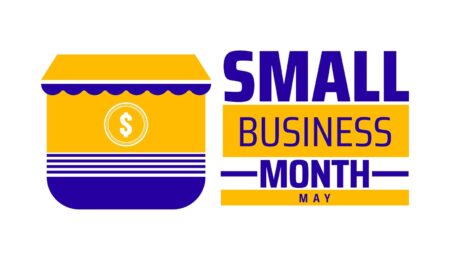If you’re not careful, legal documents can trap you. The tiny print hides nasty surprises that cost you money, time, and freedom when you least expect it. Those same contracts determine your business success, personal liability, and ownership of everything you create. Your reputation depends on getting these right.
What if you could understand exactly what you’re signing without paying thousands in legal fees? Get clued up and regain your power. Copy, paste and edit the square brackets in ChatGPT, and keep the same chat window open so the context carries through.
Turn ChatGPT into your legal assistant: protect yourself with prompts
Decode the legal maze
Don’t let legal jargon frighten you into submission. Complicated words create a smoke screen between you and what’s actually happening with your business. You need to understand exactly what you’re committing to before signing anything. Lawyers charge by the hour to explain these terms but ChatGPT does it for free. Get clear on what you’re agreeing to before you dive in.
“I need help understanding this contract for [describe the purpose, e.g., ‘a client project’, ’employment’, ‘business partnership’]. I’m based in [your country] and need explanations relevant to our laws. First, identify and explain the 10 most important legal terms contained in the contract in plain English. For each term, explain what rights or obligations it creates, any potential risks, and how it would apply in a real situation. Make sure I can understand everything without needing a law degree. [Attach or paste in the contract]”
Highlight any problematic clauses
Contracts hide ticking bombs. Miss that tiny clause about intellectual property and suddenly your client owns all your work forever. Skip over that indemnity section and you’re personally liable for millions in damages. You have to move fast in business, but rushing through contracts creates disasters you can easily avoid. Let AI spot the red flags you might miss after a long day of real work.
“Now identify any potentially problematic clauses in the contract. Focus on terms that: 1) Are unusually one-sided, 2) Create unexpected liabilities, 3) Might limit my rights, 4) Contain vague language that could be interpreted against me, or 5) Seem unreasonable or arduous. For each concerning clause, explain the specific risk in simple language and what it might mean for me in practice.”
Negotiate a better deal
Average founders sign what they’re given. Winners negotiate. Legal documents remain flexible until signed. That fearful voice telling you to accept their first offer keeps you small. Find clauses with wiggle room and present an alternative that serves you better. Get yourself the best deal by knowing where to push back.You deserve better terms. So ask for them.
“Help me develop negotiation points for this [contract/agreement] under [your country] law. First, identify 5 clauses that are potentially negotiable and where changes would benefit me. For each clause: 1) Suggest specific alternative language that would be more favorable, 2) Provide a business rationale to justify the change that I can present to the other party, 3) Indicate how strongly I should push on this point, and 4) Suggest a fallback position if they resist my ideal change.”
Compare with industry standards
How do you know if what you’re signing is fair or completely insane? Without seeing hundreds of similar contracts, you’re shooting in the dark on terms. Stop guessing what’s normal. Know for sure. Benchmark your contract against typical terms in your industry. Data gives you leverage to push back when something falls outside normal boundaries.
“Compare this contract with standard industry practices in [your country and industry]. For each major section, tell me: 1) Is this clause typical or unusual? 2) How does it compare to what’s standard in my industry? 3) Are there any industry-standard protections that are missing from this document? 4) What would be considered reasonable terms for each major point? 5) Are any clauses outdated or particularly traditional, and therefore not relevant any more? Focus on helping me understand if this agreement is balanced or if it deviates from what’s normally accepted.”
See the forest and the trees
Legal documentation can be unnecessarily wordy. But missing a single sentence could cost you everything you’ve built. Turn a tedious contract review into a simple exercise with ChatGPT. See both the big picture and crucial details before signing anything. Get a clear breakdown of exactly what matters and take control instead of losing your mind in paperwork.
“Create a comprehensive plain English summary of this [type of legal document] that would be valid under [your country] law. Break it down into: 1) My key obligations, 2) The other party’s obligations, 3) Important deadlines or dates, 4) Payment terms (if applicable), 5) Termination conditions, 6) Potential liabilities or risks, and 7) Any gaps or suggested additional clauses to protect my interests. Format this as a simple checklist I can reference quickly, organized by topic rather than following the document’s original structure.”
Legal protection made simple: decode contracts before you sign
Don’t let legal documents destroy the business you’ve worked so hard to build. Take control of everything you sign.
Decode complex terminology to understand what you’re really agreeing to. Spot dangerous clauses before they blow up your business. Negotiate better terms that actually serve your interests. Compare against industry standards to know what’s reasonable. Create summaries that give you complete clarity in seconds.
While these prompts are not a substitute for professional legal guidance, and you should always seek help on anything important, they can help you negotiate and save thousands in fees. Get clued up, get a head start, save time and money.
Access all my best ChatGPT content prompts.
Read the full article here











